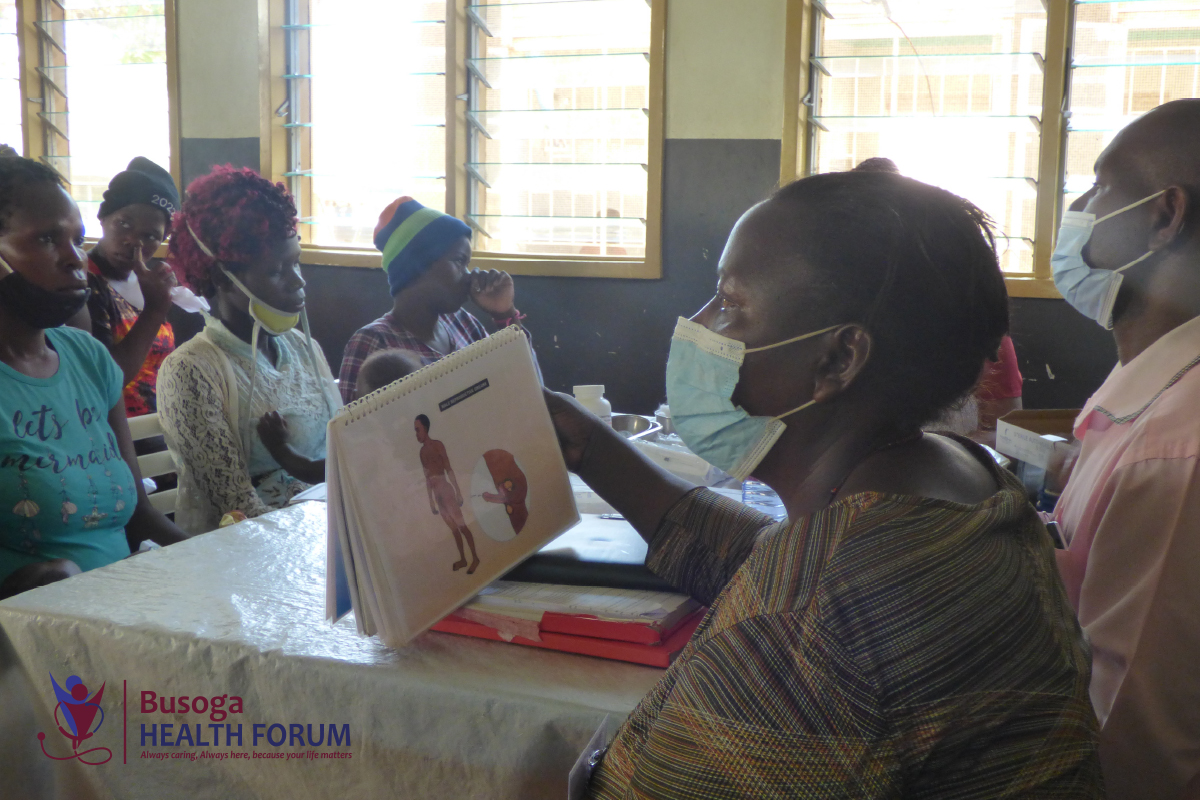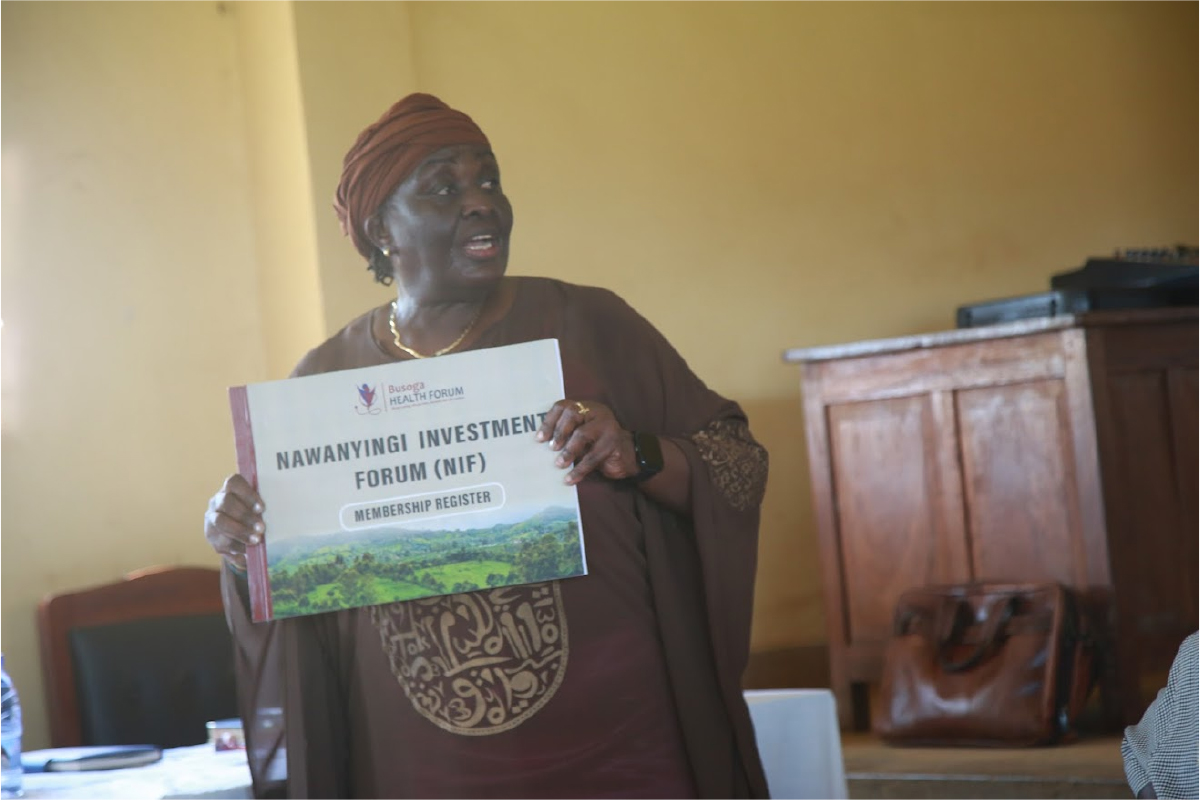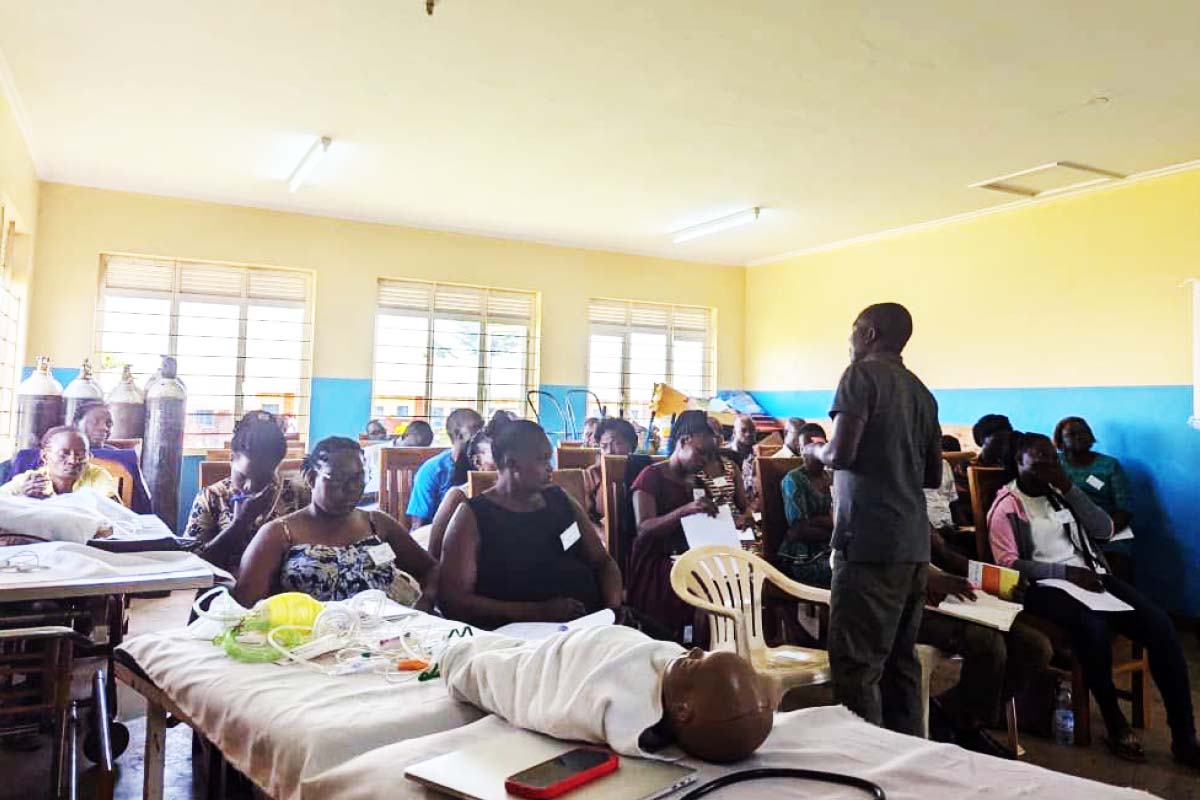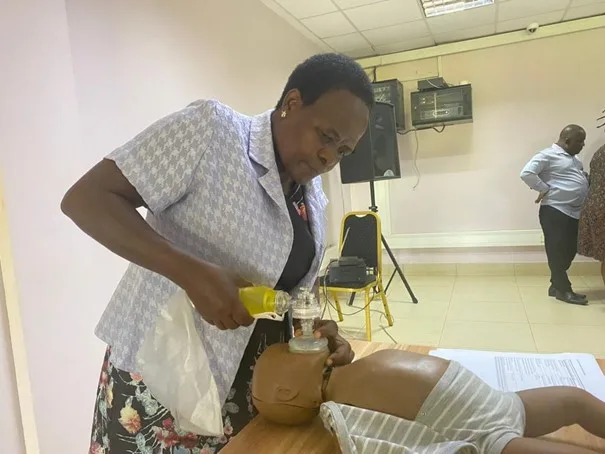
Navigating family planning realities: Empowering informed choices amidst side effects
By: Jacquellyn Ssanyu, PhD student, Coordinator UTP (sanyukajacque@gmail.com)
In regions like Busoga where high teenage pregnancy rates persist alongside elevated poverty levels, family planning remains an essential pillar, extending health, social, and financial benefits to individuals, families, and the wider society. Presently, ensuring wider coverage and access to family planning services is a national priority. Notably, many public and private-not-for-profit health facilities provide these services free of charge. These efforts are further enhanced by strategic public-private partnerships and the invaluable contributions of community health workers, collectively amplifying the reach and impact of these services.
However, despite the multitude of benefits that family planning presents, the technologies employed can occasionally carry side effects with far-reaching socio-economic implications. Clients’ experiences or fears related to these side effects often serve as reasons for discontinuing contraceptive use or not adopting them at all.
The Urban Thrive Project being implemented by Makerere University School of Public Health in collaboration with Busoga Health Forum, with funding from the John Templeton Foundation, aims to increase the coverage and uptake of voluntary family planning in urban areas in Eastern Uganda with a focus on Jinja City and Iganga Municipality. Research findings from the project highlighted several reports of contraceptive-related side effects, ranging from documented adverse reactions like bleeding irregularities, decreased libido, and weight gain to many other unverified experiences attributed by participants to contraceptive use, necessitating further investigation.
Clients also expressed dissatisfaction with how health workers perceived their experiences. For instance, while clients reported ‘excessive bleeding’ or ‘ekikulukuto’ with hormonal contraceptives, health workers labeled it as ‘spotting’ or light vaginal bleeding, which downplayed the severity of their condition. This disconnect in understanding affected the care-seeking behavior of clients, some of whom resorted to herbal medicines to manage their conditions. Additionally, due to the unaffordability of sanitary pads, some women reported using rugs to manage the bleeding, which impacted their daily lives significantly.
In order to ensure client-centered voluntary family planning services, greater attention should be given to individual experiences. The discrepancy in understanding between clients and providers limits care-seeking behavior and, at times, leads to discontinuation without seeking alternative methods or care at health facilities. Misinterpretations of negative experiences might also perpetuate misinformation about family planning within communities, posing obstacles to increasing service uptake.
And, while the primary emphasis in most family planning programs centers on expanding coverage, a frequently disregarded aspect is ensuring holistic client awareness concerning potential side effects and complications. This awareness is vital in equipping individuals with the knowledge to navigate these effects and seek assistance for side effect management. Unfortunately, health facilities also often lack the necessary medicines and supplies to address these side effects or complications. Consequently, clients might incur additional costs in managing these issues despite initially accessing the services at no cost.
To address these challenges, it becomes imperative to provide comprehensive information to clients about potential side effects, empowering them to make informed decisions and manage side effects effectively when they arise. Capacity-building initiatives for healthcare workers in client counseling and side effect management must also take center stage. This training should extend uniformly across providers—private for-profit, private-not-for-profit, and public—and include community health workers, given their prominence in communities.
In response to these challenges, the Urban Thrive Project is implementing the ‘Amazima ku famire planning’ campaign. The campaign’s focus is on delivering comprehensive information about family planning, including its benefits, various methods, and insights into potential side effects, along with guidance on how and where these can be managed. Additionally, the project is enhancing healthcare workers’ capacity to manage these side effects through training, supportive supervision, mentorship, and online Continuous Medical Education sessions.
We believe that by fostering a holistic approach centered on informed choices and quality care, we can stride towards a future where family planning services are not only accessible but also ensure the well-being and empowerment of individuals and communities.





